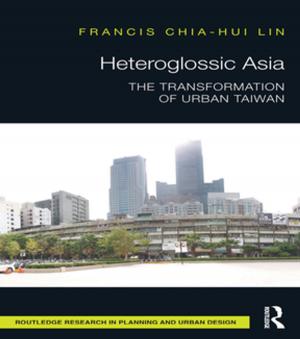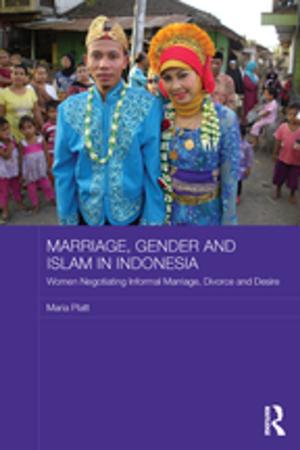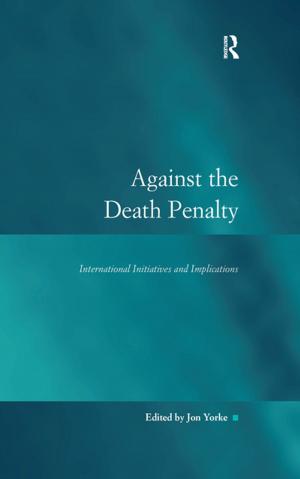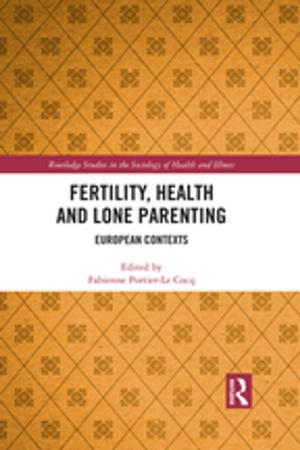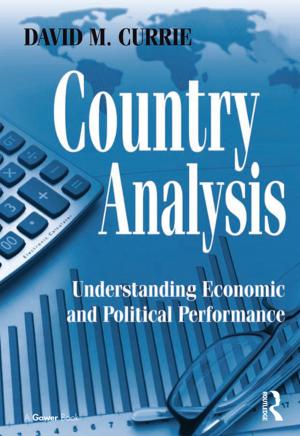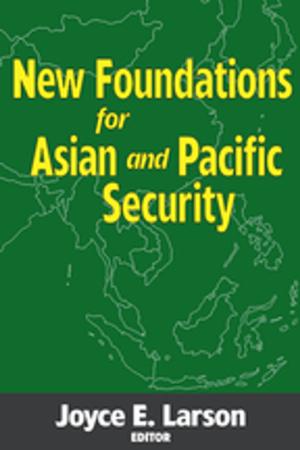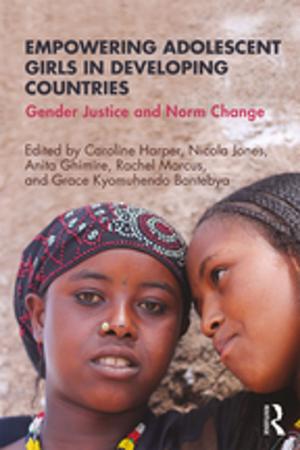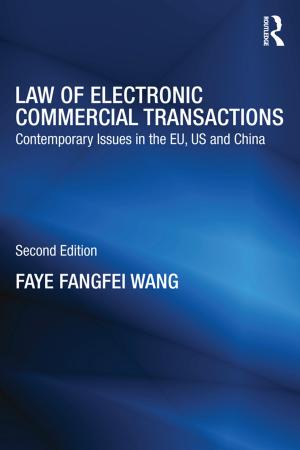Arguing Counterterrorism
New perspectives
Nonfiction, Social & Cultural Studies, Political Science, International, International Relations| Author: | ISBN: | 9781136179341 | |
| Publisher: | Taylor and Francis | Publication: | April 3, 2014 |
| Imprint: | Routledge | Language: | English |
| Author: | |
| ISBN: | 9781136179341 |
| Publisher: | Taylor and Francis |
| Publication: | April 3, 2014 |
| Imprint: | Routledge |
| Language: | English |
This book offers a multifaceted, analytical account of counterterrorism argumentative speech.
Traditionally, existing scholarship in this field of research has taken a selective focus on issues and actors, concentrating mainly on US state discourse after 9/11. However, this approach ignores the fact that there was counterterrorism speech before 9/11, and that there are other countries and other actors who also actively engage in the counterterrorism discursive field, both within and outside of the Western world.
Addressing several thematic, chronological and methodological gaps in the current literature, Arguing Counterterrorism offers a dynamic perspective on counterterrorism argumentative speech. Over the course of the volume, the authors tackle the following key issues: first, historical and cultural continuity and change. Second, the phenomenology of counterterrorism speech: its nature, instrumentalisation, implications and interactions between the various actors involved. The third theme is the anatomy of counterterrorism speech; namely its political, cultural and linguistic constitutive elements. Employing a multi-disciplinary framework, the authors explore these issues through a geographically and historically diverse range of case studies, resulting in a book that broadens the perspective of counterterrorism argumentation analysis.
This book will be of much interest to students of critical terrorism studies, counterterrorism, discourse analysis, security studies and IR.
This book offers a multifaceted, analytical account of counterterrorism argumentative speech.
Traditionally, existing scholarship in this field of research has taken a selective focus on issues and actors, concentrating mainly on US state discourse after 9/11. However, this approach ignores the fact that there was counterterrorism speech before 9/11, and that there are other countries and other actors who also actively engage in the counterterrorism discursive field, both within and outside of the Western world.
Addressing several thematic, chronological and methodological gaps in the current literature, Arguing Counterterrorism offers a dynamic perspective on counterterrorism argumentative speech. Over the course of the volume, the authors tackle the following key issues: first, historical and cultural continuity and change. Second, the phenomenology of counterterrorism speech: its nature, instrumentalisation, implications and interactions between the various actors involved. The third theme is the anatomy of counterterrorism speech; namely its political, cultural and linguistic constitutive elements. Employing a multi-disciplinary framework, the authors explore these issues through a geographically and historically diverse range of case studies, resulting in a book that broadens the perspective of counterterrorism argumentation analysis.
This book will be of much interest to students of critical terrorism studies, counterterrorism, discourse analysis, security studies and IR.

